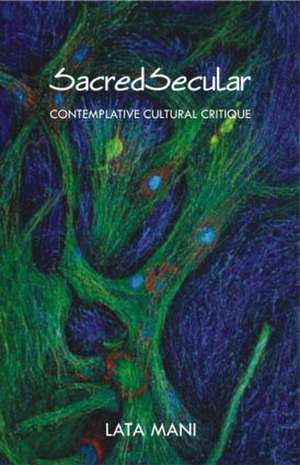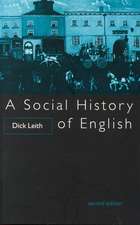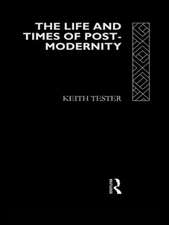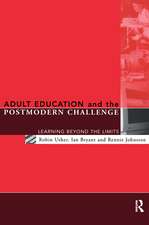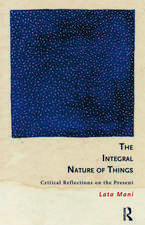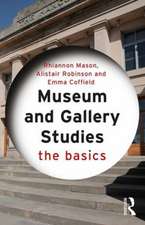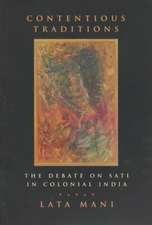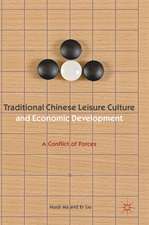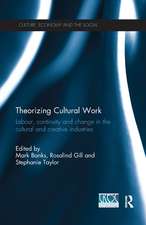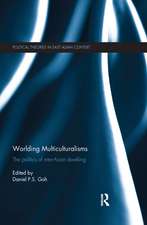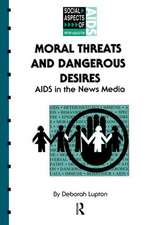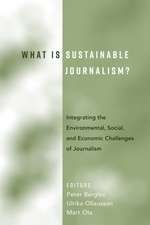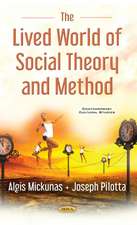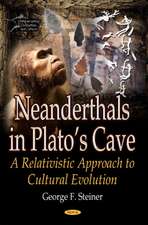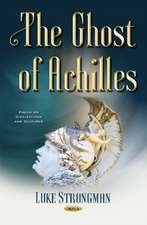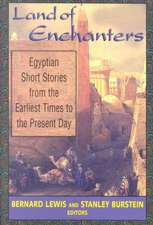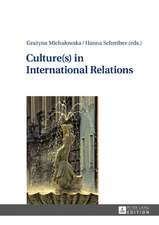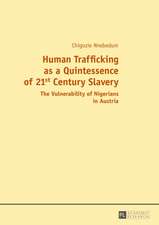SacredSecular: Contemplative Cultural Critique
Autor Lata Manien Limba Engleză Paperback – 24 mar 2009
In today’s charged atmosphere many believe that the sacred is best kept firmly apart from the realm of the secular. SacredSecular: Contemplative Cultural Critique offers a contrasting view. It argues that the two are indivisible and can productively interweave in illuminating key contemporary issues. Essays investigate the quotidian (trash, cut flowers), the philosophical (advaita, karma), the economic (work, globalisation) and the political (war, violence). Mani invites us to rethink the prevailing view that secularism is the only progressive response to religious authoritarianism. SacredSecular proposes a conceptual approach in which body, mind, heart, nature, matter and spirit are not merely equals, but equally crucial to crafting an inclusive vision and practice.
This book addresses several audiences: scholars of contemporary Indian society and culture, spiritual practitioners striving to integrate their practice with their politics, and all those interested in contemplating the present and what it portends for our collective future.
Preț: 356.29 lei
Nou
Puncte Express: 534
Preț estimativ în valută:
68.17€ • 71.18$ • 56.42£
68.17€ • 71.18$ • 56.42£
Carte tipărită la comandă
Livrare economică 04-18 aprilie
Preluare comenzi: 021 569.72.76
Specificații
ISBN-13: 9780415484480
ISBN-10: 0415484480
Pagini: 236
Dimensiuni: 138 x 216 x 18 mm
Greutate: 0.45 kg
Ediția:1
Editura: Taylor & Francis
Colecția Routledge India
Locul publicării:Oxford, United Kingdom
ISBN-10: 0415484480
Pagini: 236
Dimensiuni: 138 x 216 x 18 mm
Greutate: 0.45 kg
Ediția:1
Editura: Taylor & Francis
Colecția Routledge India
Locul publicării:Oxford, United Kingdom
Public țintă
PostgraduateNotă biografică
Formerly Professor, Women’s Studies Program, University of California, Davis. Currently independent researcher based in Bangalore
Cuprins
Acknowledgements. Introduction 1. Faith Amidst the Destruction of Truth 2. Walking Meditation 3. Trash 4. Nameless Transaction 5. Visit to the Temple 6. Time 7. Globalisation: A Note of Caution 8. Work 9. Tradition and the New Spirituality 10. The Anatomy of Faith 11. Reckoning with Gujarat, Contemplating Tradition 12. Karma Reconsidered 13. Fading Blossoms 14. Western Advaita 15. Is a Dewdrop Sacred, or is it Secular? 16. Confronting Violence: Bridging the Sacred-Secular Divide 17. Practicing Peace 18. Justice and the End of Suffering: Secular Activism and Spiritual Practice 19. 2004 AD: Are We Feeling Global Yet? 20. The Miasma of Globalisation 21. The Web of Life 22. Neoliberal Fictions, Neocolonial Facts 23. Body Politic(s) 24. Epilogue: The Tantra of Contemplative 25. Cultural Critique 26. Closing Invocation Glossary About the Author
Descriere
What would it mean to conceive of the sacred as a source of knowledge that is as vital as the secular? What insights does a contemplative approach yield in analysing neoliberal globalisation or Hindu fundamentalism? Is a dew drop sacred, or is it secular?
In today’s charged atmosphere many believe that the sacred is best kept firmly apart from the realm of the secular. SacredSecular: Contemplative Cultural Critique offers a contrasting view. It argues that the two are indivisible and can productively interweave in illuminating key contemporary issues. Essays investigate the quotidian (trash, cut flowers), the philosophical (advaita, karma), the economic (work, globalisation) and the political (war, violence). Mani invites us to rethink the prevailing view that secularism is the only progressive response to religious authoritarianism. SacredSecular proposes a conceptual approach in which body, mind, heart, nature, matter and spirit are not merely equals, but equally crucial to crafting an inclusive vision and practice.
This book addresses several audiences: scholars of contemporary Indian society and culture, spiritual practitioners striving to integrate their practice with their politics, and all those interested in contemplating the present and what it portends for our collective future.
In today’s charged atmosphere many believe that the sacred is best kept firmly apart from the realm of the secular. SacredSecular: Contemplative Cultural Critique offers a contrasting view. It argues that the two are indivisible and can productively interweave in illuminating key contemporary issues. Essays investigate the quotidian (trash, cut flowers), the philosophical (advaita, karma), the economic (work, globalisation) and the political (war, violence). Mani invites us to rethink the prevailing view that secularism is the only progressive response to religious authoritarianism. SacredSecular proposes a conceptual approach in which body, mind, heart, nature, matter and spirit are not merely equals, but equally crucial to crafting an inclusive vision and practice.
This book addresses several audiences: scholars of contemporary Indian society and culture, spiritual practitioners striving to integrate their practice with their politics, and all those interested in contemplating the present and what it portends for our collective future.
